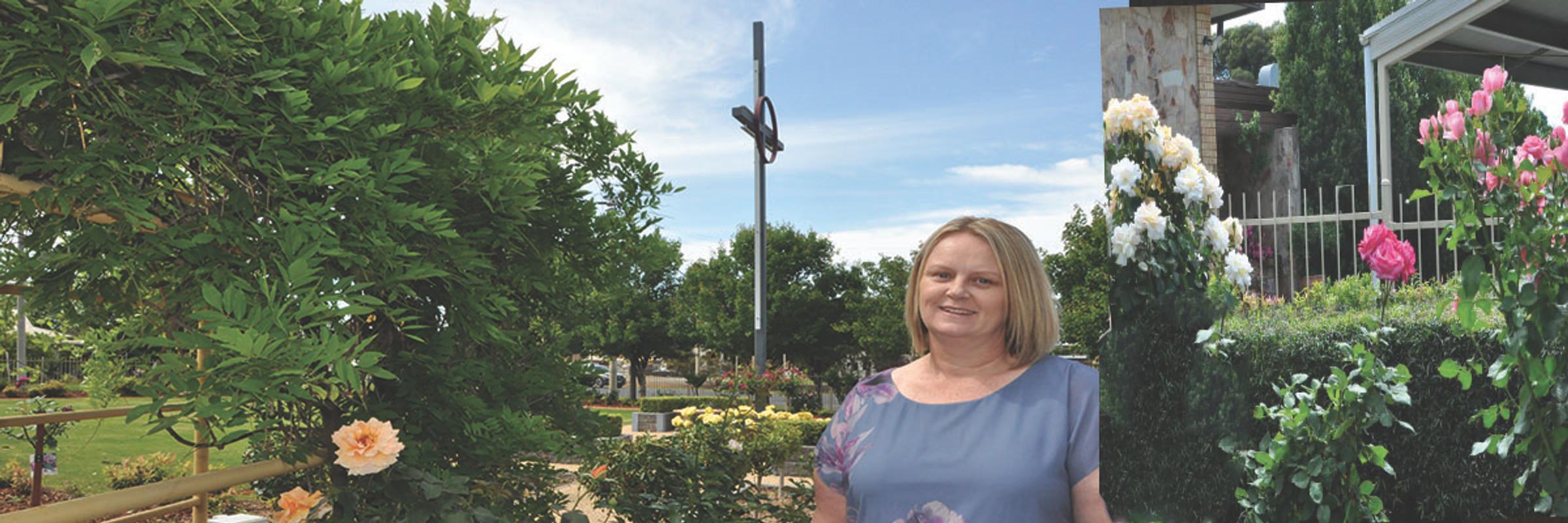Social Work/Well being News

Vulnerability and seeking help
Humans are naturally a social species and studies have revealed a long list of complex reasons why social connections benefit our mental and physical health. Experiencing relationships and support can lead to longer lives, healthier habits, reduced symptoms of stress, and a sense of meaning in life. Most of us have personally experienced these rewards and don’t need a study to tell us why our relationships matter.
However while most of us think we want close connections, we resist vulnerability, the very trait that makes that connection possible. Vulnerability is often viewed as a weakness. In our society people are praised for having thick skin, staying strong, being independent and we often mistakenly brush off vulnerability as being weak. Sometimes we think it will unnecessarily expose us to hurts and humiliations that can easily be avoided. Yet, vulnerability is really about the willingness to truly be ourselves – to expose a softer side of ourselves that is not hidden behind our defenses. As researcher Brené Brown put it, “Vulnerability is not weakness. I define vulnerability as emotional risk, exposure, uncertainty. It fuels our daily lives.”
Similarly, there is a misconception that asking for help is also a sign of weakness. Many people are scared to ask for help for fear of looking stupid. This self-handicapping behavior might be the single biggest thing holding you back. Evidence suggests asking for help is often the hallmark of a mature and resilient learner. Creating an environment where students feel confident to express vulnerability and ask for help can help them improve their well-being, knowledge, mindset, and academic performance. Expressing vulnerability has many other potential benefits. Self-disclosure can build trust, seeking help can boost learning, and admitting mistakes can foster forgiveness. Seeking help shows others that we want to do well, learn and grow.
Next time you are feeling vulnerable or pondering whether to ask for help think about these benefits:
Helping benefits the helper
If you've ever helped anyone with anything, you know what I'm talking about. Helping someone generates a warm glow that can make you feel great. Helping someone can help you demonstrate your skills and help you to feel more confident too.
Not needing help is a form of conceit.
People often take pride in being self-sufficient. But the truth is, that's not a moral strength, it's just vanity. Look at me, I don't need anything from anyone, aren't I clever?
And it's dishonest because anyone who has ever succeeded at anything has had lots of help along the way from teachers, relatives, mentors, friends, clients, and colleagues.
Asking for help means being connected.
Whether it is asking for help or offering help, in both cases you can build connections with friends, acquaintances, and business associates. These connections will last much longer than any help you get or give.
And that's the point, really. Asking for help, getting help, offering help, and giving it when it's needed are all ways that we connect and stay connected with each other as human beings. It's precious. And it's worth a lot more than any pride we may have in not needing it.
So change your mindset
- Don’t fall into the trap of thinking you have to do everything yourself
- Accept that you are only human – you are not supposed to be or do everything perfectly
- Helping others makes us feel good so give your friends and family the chance to help you too
- Sharing with people you trust and asking for support strengthens your relationships
- It takes courage to put yourself out there, be vulnerable and ask for help – so be brave and give it a go.
Karen Surian
Social Work/Wellbeing



